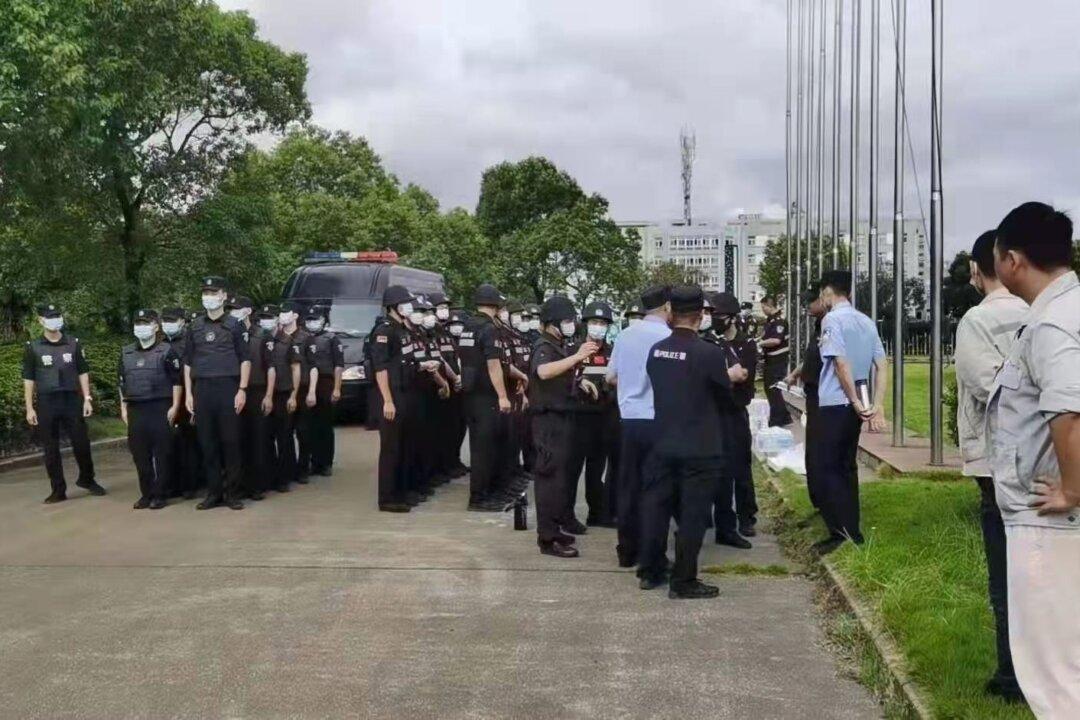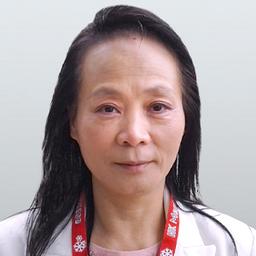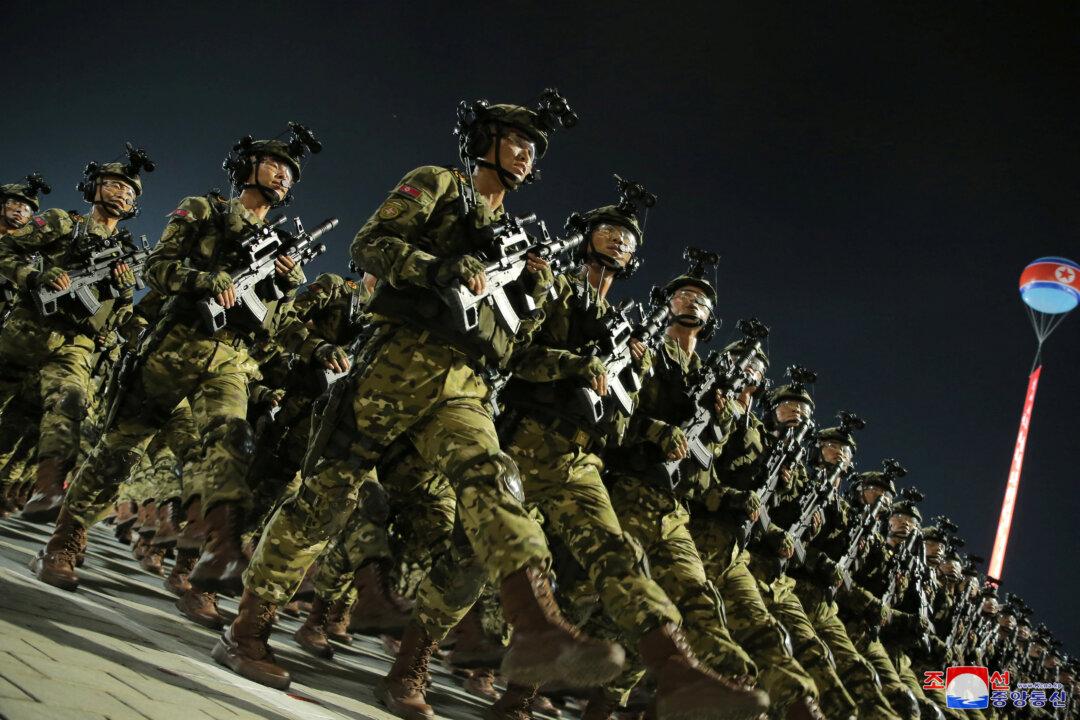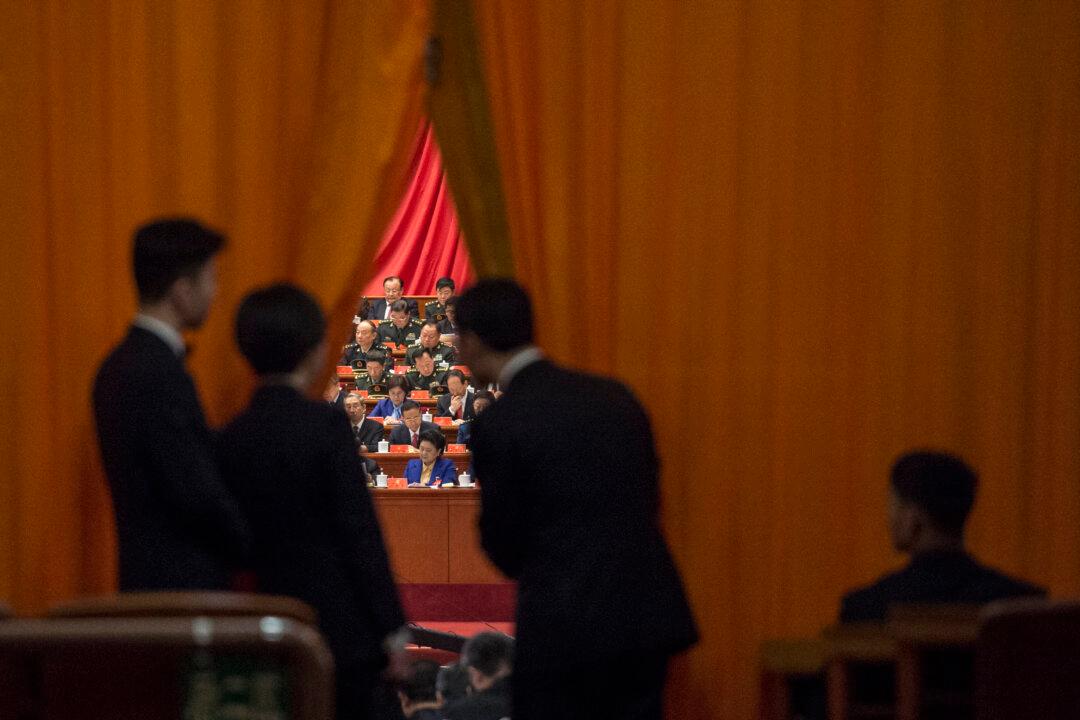A large-scale protest broke out on the premises of Samsung Heavy Industries Ningbo (SHI Ningbo) on Sept. 9. Around 1,500 local employees demanded better compensation schemes after the company announced plans to close its plant in Ningbo city, south of Shanghai. The company issued a letter on Sept. 10, stating that all employees would be terminated.
SHI is moving equipment and products from Ningbo to its Rongcheng plant in China’s eastern province of Shandong. The Rongcheng plant will be the company’s only shipbuilding factory in China.





